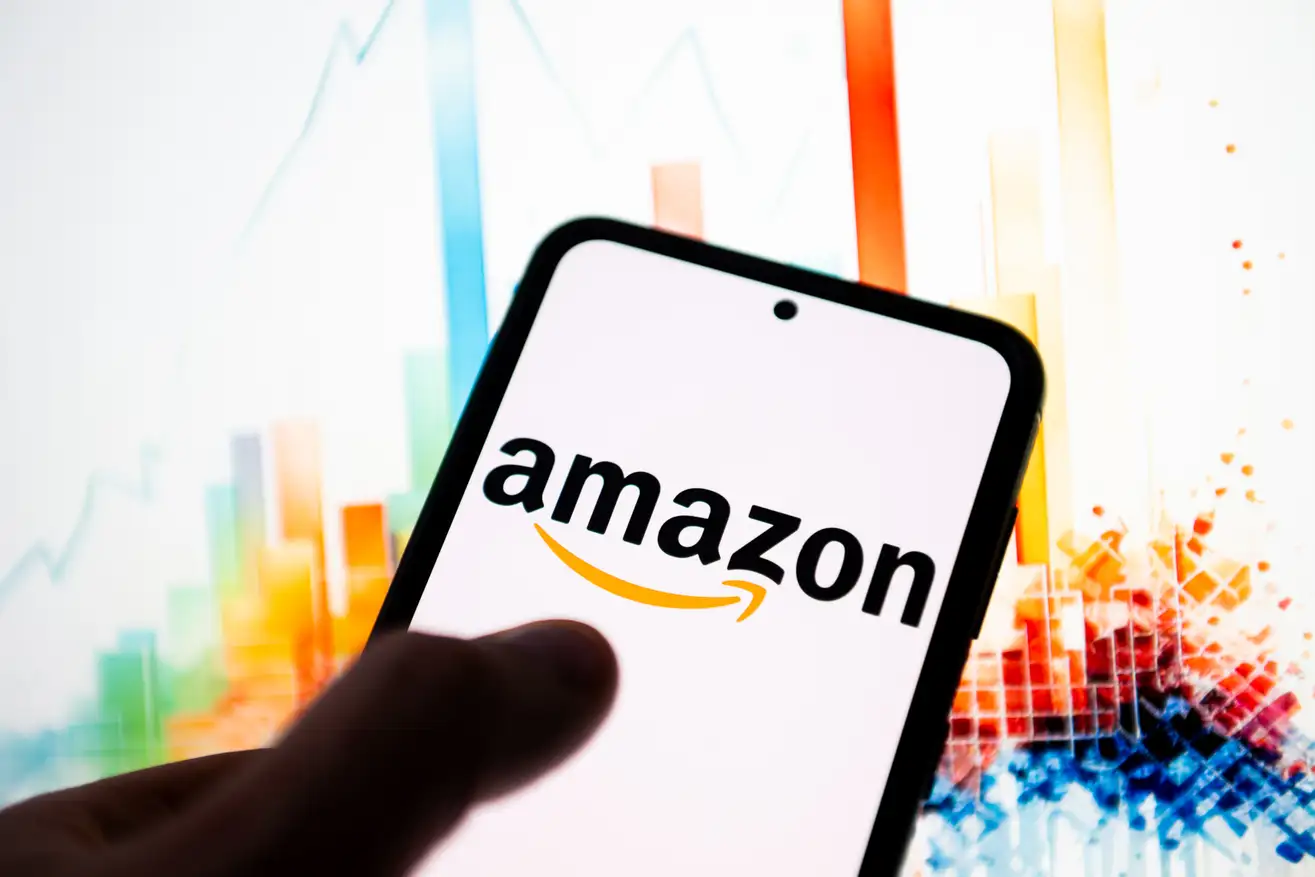Will this big tech partnership get you to shop more?
You might have seen Amazon’s latest partnerships with TikTok and Pinterest, which will allow and encourage you to buy Amazon products without leaving the apps. It’s the latest tactic to further accelerate overconsumption. If you’re anything like us, you know this is terrible news – as these tech giants profit, people and the planet pay the price.
Let’s break down the real impact of this shopping spree:
- Every click fuels a chain reaction—one that starts with extraction and production and ends in a landfill. Fast fashion items, shiny gadgets, and microtrends (remember the Stanley cup craze?) have short lifespans, pushing us toward a cycle of constant consumption. This isn’t just bad for your wallet; it’s disastrous for our planet. The carbon footprint of shipping, the waste from returns (many of which, by the way, end up in the landfill), and the environmental cost of constant production all add up.
- Behind every “add to cart” is a person who made, packed, or shipped that product. Many of these workers face harsh conditions, significant health risks, low wages, and job insecurity. Big tech’s pursuit of profit comes at the expense of human rights.
- The more we buy into the idea that stuff equals happiness, the more we get trapped in a loop of mindless consumption. This isn’t just about cluttering our homes; it clutters our minds, too.
As tech giants continue turning your social feed into a nonstop commercial, what can you do to fight back?
- Consider repair. Before buying something new, try fixing what you have – mend that sweater, polish the rusted jewelry, sand and repaint the chipped furniture. Just like cooking a meal is satisfying because of all the labor you put in, repair can be more gratifying than simply replacing an item. To get started, learn basic repair skills online or attend a local workshop with friends.
And don’t forget to learn about your Right to Repair – remember, many manufacturers purposely make it difficult and expensive to repair your own stuff, like appliances and electronics. You can support legislation in your state that makes it easier, more affordable, and more accessible to fix what you own.
- Focus on buying only what you truly need, and when you do need to make a purchase, buy used. Whether it’s clothes, electronics, or furniture, there are marketplaces for pre-loved items that don’t only have a reduced carbon footprint, but are also much more gentle on your wallet.
Or, you can choose not to pay at all – join your local Buy Nothing group, where you can give and receive items within your community for free.
Say no to the scroll, and yes to what truly matters. Don’t let any company convince you that happiness is just one purchase away (and one more, again and again).


